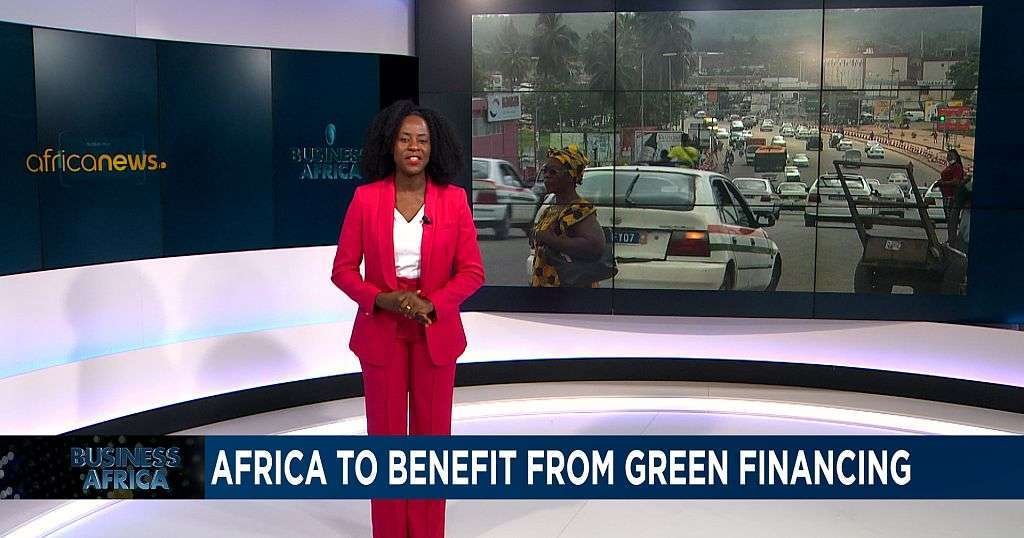Diaspora, Africa – (African Boulevard News) – As the rest of the world races to decarbonize their economies and reduce greenhouse gas emissions, Africa has started making strides towards green industrialisation. Many experts believe that the continent has a unique opportunity to leapfrog traditional carbon-intensive industrialisation and move straight to environmentally friendly manufacturing processes. But can Africa really succeed in green industrialisation?
Africa has the potential to be a leader in green energy and sustainable practices. The continent is rich in renewable resources including solar, hydro, and wind energy sources. Several African countries have already prioritised renewable energy in their development plans, and the industry is growing rapidly. In 2020, Africa added 2,000 MW of renewable energy capacity, with solar power accounting for half of the growth.
Across the continent, businesses are also starting to recognise the importance of sustainable practices. From smallholder farmers to large-scale manufacturers, there is an increasing awareness of the need to reduce waste, conserve resources and limit carbon footprints. This has led to the growth of sustainable agriculture, green building, and eco-tourism.
However, there are challenges that Africa must overcome to achieve green industrialisation. The lack of access to finance and technology is a major obstacle, with many African countries still relying on fossil fuels for their energy needs. Additionally, the high cost of renewable energy is a significant barrier. Governments and private investors will need to ensure that these technologies are affordable and accessible to all if they are to be successful in reducing emissions.
Fortunately, there are initiatives underway to support green industrialisation in Africa. The African Development Bank has pledged to invest $25 billion over the next decade in renewable energy, while the World Bank’s Scaling Solar program is helping African governments to develop solar projects at competitive prices. These initiatives will not only help to reduce the carbon footprint but will also drive economic growth, create jobs and increase access to electricity across the continent.
The COVID-19 pandemic has also highlighted the need for a more sustainable approach to economic development. The crisis has highlighted the vulnerability of Africa’s economies, and the importance of diversifying energy sources, improving food security and building resilient communities. By adopting green industrialisation, Africa can build a more sustainable future for all.
According to Dr. Kevin Kariuki, Vice President for Power, Energy, Climate and Green Growth at the African Development Bank, “Africa has a unique opportunity to make green industrialisation a reality. By harnessing our abundant renewable resources, promoting sustainable practices and fostering innovation, we can build a greener and more prosperous future for our continent.”
In conclusion, Africa has the potential to become a leader in green industrialisation but must overcome several challenges. However, initiatives, such as those by the African Development Bank and the World Bank, show that there is a growing commitment to supporting sustainable development in Africa. By prioritising renewable energy and sustainable practices, Africa can build a more prosperous, resilient, and sustainable future for all.

